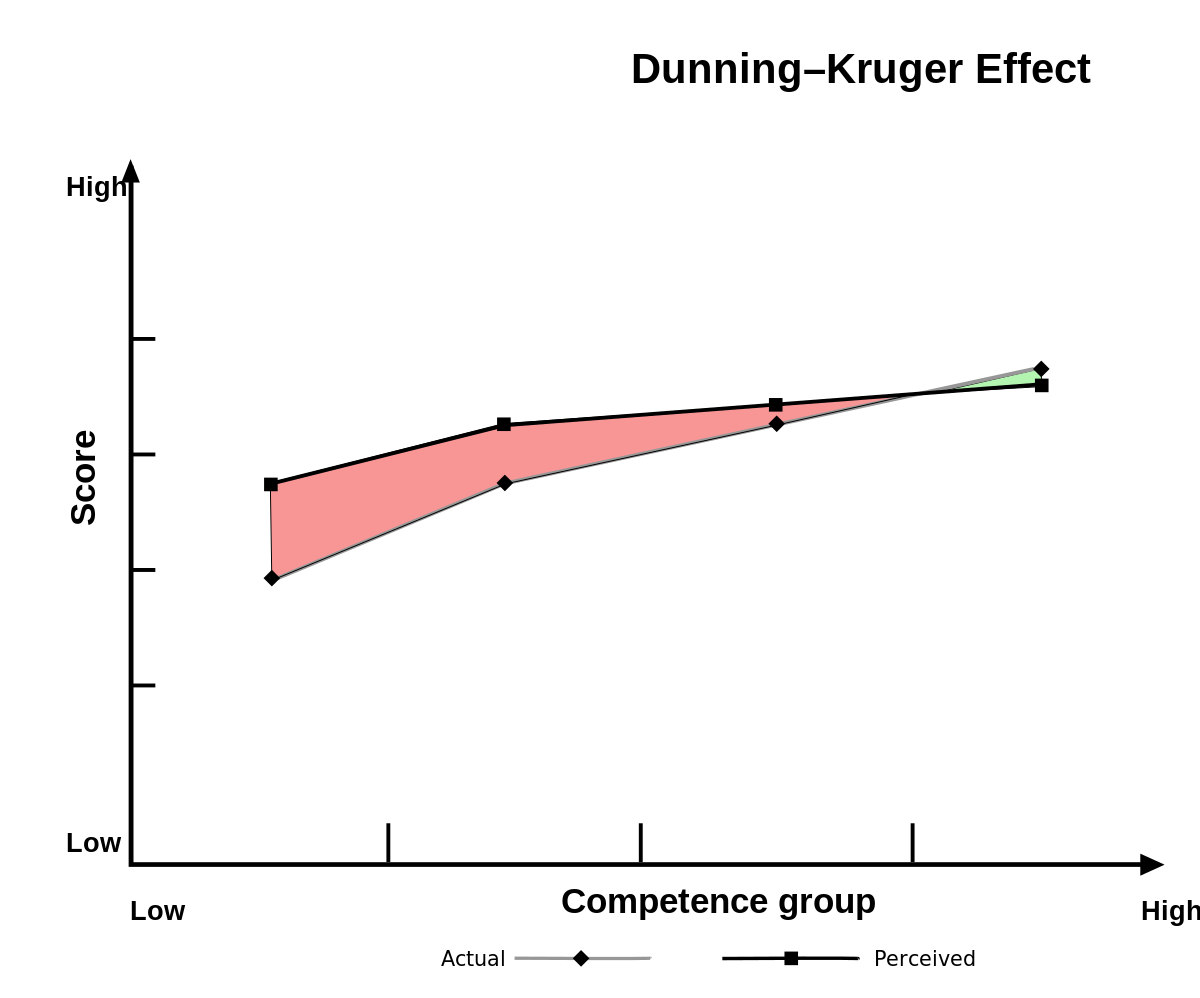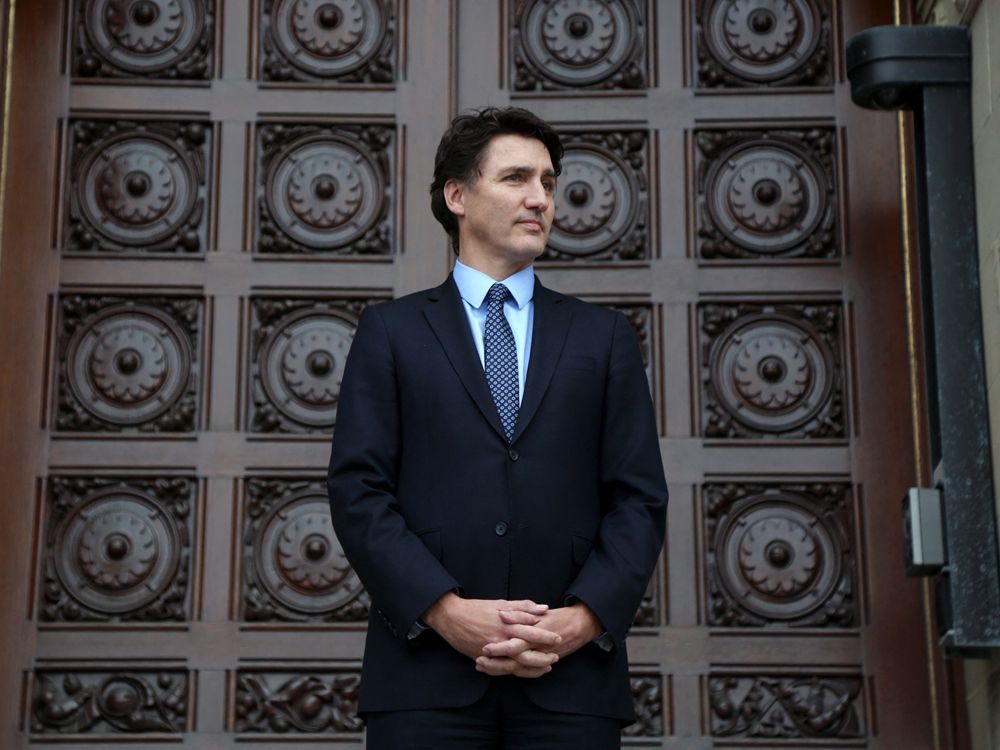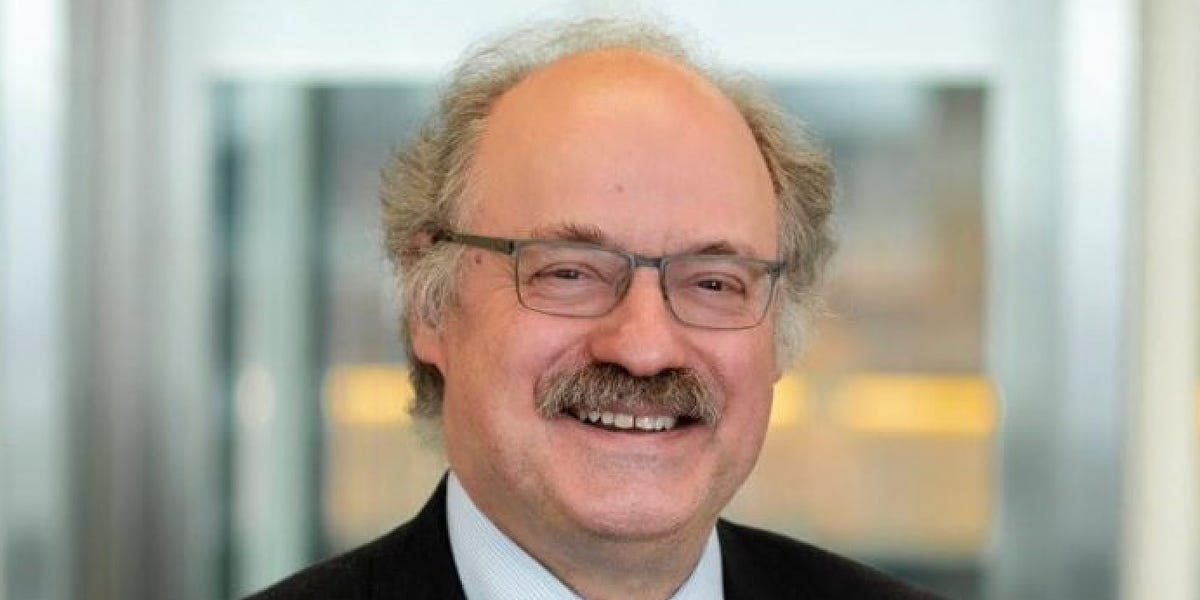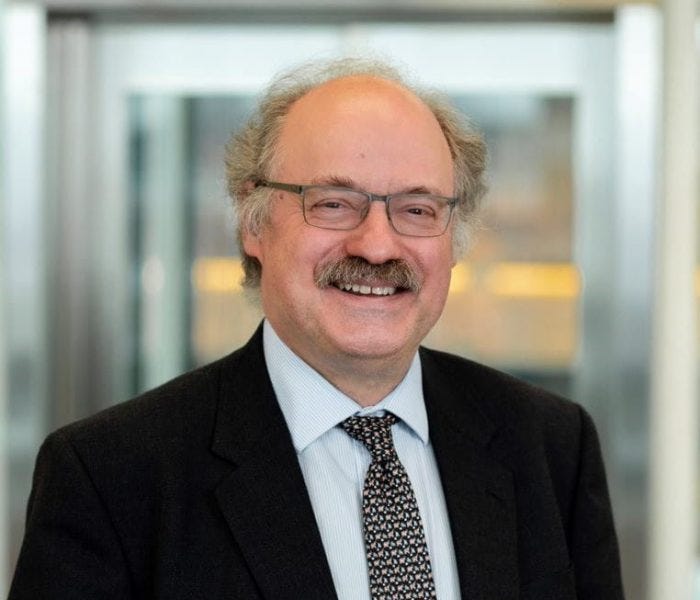And the government wonders why we have trust issues with them.
Meet Dr. Mark Walport, whose existence the government cannot confirm or deny

paulwells.substack.com
Readers should be warned that today’s post will take the form of a “shaggy dog story,” the term of art for a very long joke whose punchline is underwhelming. The point of such a joke is that you stick with it for what seems like forever, following all the complications,
relishing the mountain of detail, only to get to a conclusion that is so unspectacular it makes you wonder why you bothered. Then, ideally, you
notice yourself feeling like you’ve wasted your time, and that
noticing is the source of the joke’s humour.
So, for example: A guy has an extremely shaggy dog. His friends can’t get over how shaggy the dog is. It is a subject of heated conversation. He is increasingly ostracized by people who can’t stand how shaggy his dog is. His wife leaves him: “I can’t live with a dog this shaggy!” His boss lets him keep his job, but only if he swears he will never bring the dog to the office: “That dog is too shaggy, I say!” He realizes there may be some advantage in having such a shaggy dog. He enters the dog in the local Shaggy Dog Contest, he wins, he goes to the regionals, the nationals. All along, many shaggy-dog-related adventures occur. He gets caught in a blizzard. Someone says, “You call this a blizzard? I can barely see your dog! He’s too shaggy!” Etc., etc. Finally he goes to the World Shaggy Dog Championships in Tibet. The judges walk down the line, taking careful notes. Finally the head judge studies his dog thoughtfully, takes notes, continues to the next dog, keeps going all the way to the end of the line of stupendously shaggy dogs from around the world. Finally he comes back to our guy. Points at the dog. “I mean, he’s not that shaggy.”
That’s it. That’s the joke. I love this kind of joke. Ask me sometime about the Old Man On the Mountain.
All of which is the prelude to the strange tale of Dr. Mark Walport.
Dr. Walport is one of the leading medical researchers in the world. He ran the Hammersmith Campus of Imperial College (the Brits have better names for things; don’t fight it) and then the Wellcome Trust (I’m sayin’) before becoming the UK’s Chief Science Advisor and then the Chief Executive of UK Research and Innovation, during Theresa May’s stint as prime minister if I’m not mistaken.
His name arises because late this spring I wrote a series of posts arguing for a formal Canadian
investigation into the Trudeau
government’s handling of COVID-19. I was agnostic about the format such a thing might take, what its mandate would be, whether it would hold public hearings or not. But I figure a serious government should do a stock-taking, because the pandemic was a serious thing, and you can
even be proud of the federal government’s handling of the pandemic while agreeing that it wasn’t perfect and must therefore be more nearly perfectible. In
this post in particular, I quoted people
who have run previous investigations of previous outbreaks, and whose advice would only have been more helpful if later governments had paid it closer attention.
My advice is never guaranteed to be correct, but I knew it wasn’t
nutty from the response those posts received from epidemiologists, biomedical researchers and public servants. A lot of people, including
the editorial board of one of the world’s leading medical research journal’s, agreed with my general line of thinking.
So imagine my surprise when I was corresponding with a prominent Canadian medical researcher later this summer, and this person wrote to me:
Understand that when I received this email, on Aug. 5, it was only hearsay. Weirdly specific, as rumours go, but uncorroborated by any public announcement.
So I sat and waited for the announcement. Which never came. There has been no statement by any Canadian government official about any work that Dr. Walport might be doing on Canada’s COVID-19 response.
Walport is not, as you might suspect given his prominent leadership roles, for which he was knighted in 2009, a shy fellow.
Here is the complete record of his testimony and archival correspondence as tabled at the UK’s COVID-19 inquiry, which was
very public, ordered by another of that country’s assorted recent prime ministers, and the fodder for many front-page newspaper stories and chat-show discussions in the UK, which has its problems but is, refreshingly, still a country where people say stuff out loud.
I decided that surely there was no announcement of Walport’s appointment because, for whatever reason, he had not been appointed. Cold feet, change of plan, yet another cabinet shuffle, whatever.
So imagine, again, my surprise, again, when my correspondent told me Walport has been in Canada, hearing testimony from public servants and subject-matter experts, and that my correspondent knew this because he himself had spoken to Walport about Canada’s COVID response.
I puzzled over this for a while, and then sent the government a query. For reasons that will soon become apparent, asking the government of Canada any question is not normally an enterprise that sparks joy, but in theory I’m supposed to be some sort of journalist, so off I went.
On Friday, Nov. 10 — 12 days ago, as I write this — I sent this email to the media-relations account for Health Canada:
The answer came back swiftly:
I felt like a goof. Forgetting Remembrance Day is a bush-league oversight, and since my deadlines are entirely arbitrary — whenever I get the information is when I can write, because I don’t need to shout “stop the presses” to anyone, I should have specified a date a day or two later.
But note also that every one of my questions would have been super-easy to answer, if anyone felt like answering them. “Hi Paul: You’re getting bad information. Dr. Walport hasn’t been in any kind of contact with our department.” Or, “Dear Mr. Wells: Yes, Dr. Walport is doing some work for us. I’ve attached his terms of reference. Have a good weekend.” Or whatever. Again, for comparison’s sake,
here are the very public terms of reference of the UK’s very public COVID inquiry, to which Dr. Walport himself testified in public.
On Nov. 16, six days after the initial reply email, I got this new reply from Health Canada:
Late on the afternoon of the 17th, I sent another email checking in on their progress. I got this reply:
That was five days ago. Early this morning, in a fit of insomnia, I sent this email to the same Health Canada address:
This afternoon I received the following email, which was the first I’ve received with the signature of a person. I’ll leave that signature out; I’m sure the decision to treat my query the way it has been treated was made by a large number of people. Anyway here’s what they wrote:
So there you have it. The dog’s not that shaggy.
Look, I get that there are sensitivities here. Preston Manning’s
Public Health Emergencies Governance Review Panel in Alberta, which I take not to be his finest hour, has been the subject of considerable controversy. Surely the Trudeau government would prefer to avoid adding to its burden of controversy on a polarizing issue. And it must be a pain in the butt to learn that a reporter has caught wind of work they would rather keep low-key.
But at some point, the way this government treats information sinks into self-parody. To take 12 days and, plainly, a very broadly-dispersed work plan to handle three questions that don’t exactly need the staff of the Hammersmith Campus of Imperial College to answer, is to be terrified of saying simple things to the Canadian people.
I wish Dr. Walport great success in his review, and a safe return home, to a country where it is more widely assumed that adults can handle basic information about the way they are governed. If you’re wondering, I did write directly to him to ask what he’s up to. He didn’t reply. He clearly learns quickly.








